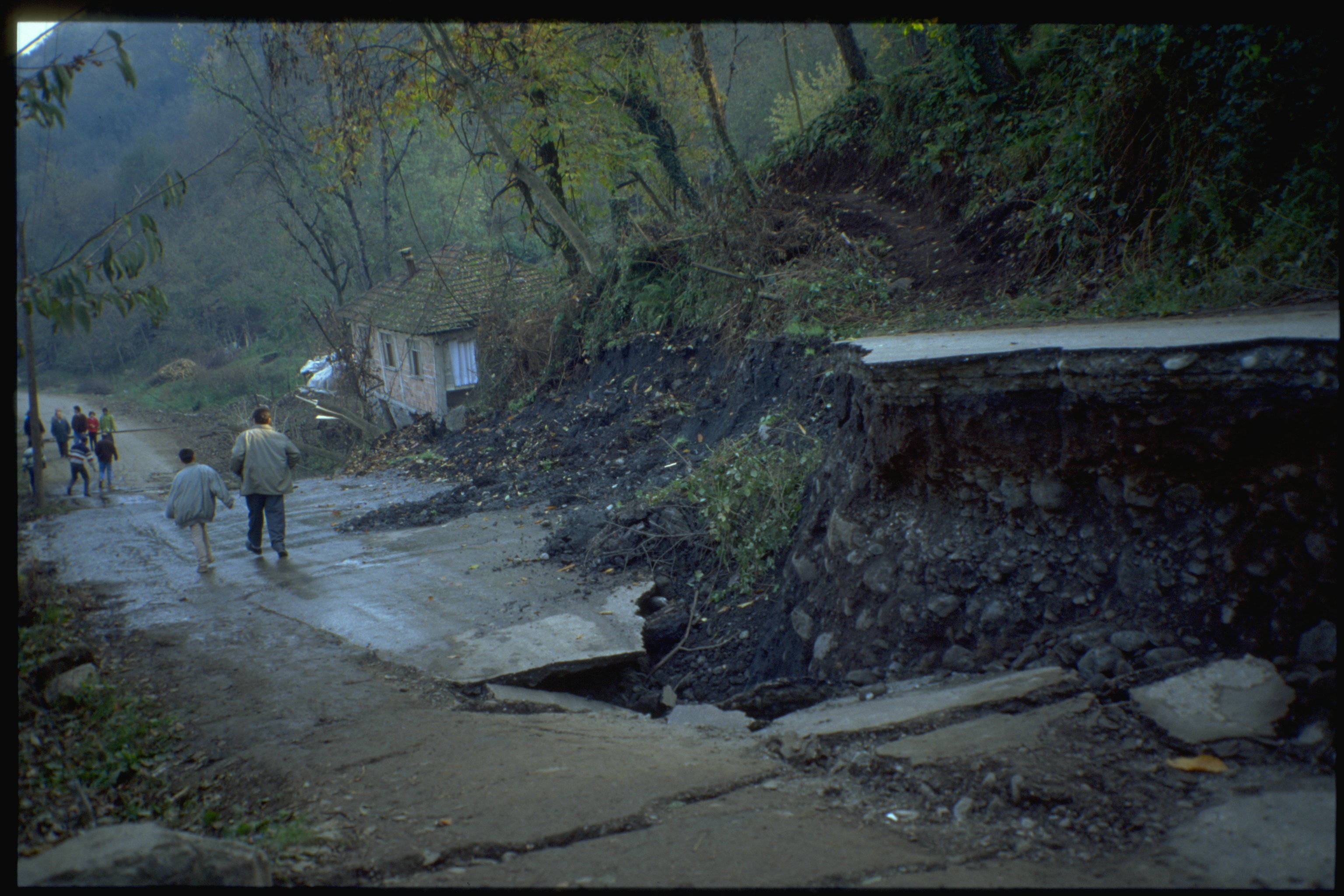All Categories
Featured
Table of Contents
Geophysics in Langford Oz 2023

Other possible geophysicist majors that aren't geophysics or geoscience consist of: Climatic sciences and meteorology Chemical and physical oceanography Earth science Environmental science Hydrology and water resources science Materials science By earning any geophysicist degree, and by taking the needed geology courses, you ought to qualify for an entry-level position as a geoscientist or geophysicist.
Eventually, students need to learn: a branch of geology that looks at the various aspects of minerals, consisting of chemical composition, internal crystal structure, and physical residential or commercial properties. the study of rocks and the procedures and conditions that form and change them with time. There are a few subdivisions in this branch of geology, including igneous, metamorphic, and sedimentary rocks.

This field takes a look at structural rock functions such as cleavage, faults, joints, and small folds. They must also find out the computer system skills needed to: examine information create digital models and maps operate geoscientists' software application Trainees ought to also benefit from all chances to gain real-world experience. Hopeful geophysicists must anticipate to spend time knowing: in the classroom in the field in labs Undoubtedly, abilities taught in the class are very important for striving geophysicists.
Geophysical Survey Methods in Middle Swan Aus 2022
Geoscientists spend a lot of their time outside when working in the field, so they should possess "outdoor abilities" like camping and operating boats, aircraft, and other cars. Because they spend a lot time in remote locations, it's important that geophysicists also have the physical endurance to bring needed devices on their hikes to places of research study.
The job offers: a high typical and leading revenues a high rate of personal satisfaction among geophysicists low work stress favorable task outlook Additional information on earnings potential and task outlook is detailed listed below. For trainees looking to land an entry-level function as a geoscientist or geophysicist, it takes 4 years, or the time required to complete a bachelor's degree in geophysics or an associated discipline.
Some research positions in geophysics require doctoral degrees. Likewise, if you plan to teach at a college or university, you should earn a Ph - Geophysical Survey - Suffolk Heritage Explorer in Darch Australia 2022. D. in geophysics or a related field. The time it takes to earn a Ph. D. varies by organization and program, but it normally takes four to six years beyond the bachelor's degree.
Geophysical And Geotechnical Assessment in Northbridge Aus 2021
A lot of companies need prospects to have a bachelor's degree in geophysics or a closely related discipline for all entry-level positions. As a result, there's no way around the degree requirements for ending up being a geophysicist.
Currently, 31 states require licensing for geologists, although licensing is not constantly required, specifically for entry-level work. The states that do problem licenses use the Basics of Geology Examination (FGE), which is administered through the National Association of State Boards of Geology (ASBOG). Now that you know which degree for geophysicist jobs you require, you'll need to land a job, and it's essential to find out how much money you can make in this profession.
According to BLS, the mean yearly wage for geoscientists is $93,580. According to BLS, particular industries use higher incomes for geoscientists, and in some cases, they offer higher-than-average revenues.
Geophysical Survey - Archaeological Research in Willetton Australia 2022
Mining, quarrying, and oil and gas extraction uses over $32,000 more every year than the typical annual wage for this occupation. The federal government, too, provides over $10,000 more in earnings than the national average for geoscientists. In addition to market type, geographical location can significantly affect earnings for this occupation.

The top-paying states and their yearly mean wages, according to the BLS, consist of: Texas $166,720 Oklahoma $149,630 Pennsylvania $120,590 Hawaii $120,130 Colorado $107,260 These five top-paying states provide much higher incomes than the average for this occupation. In truth, earnings for geoscientists in Texas are over $73,000 greater than the nationwide average.
It ought to come as not a surprise that most of these high-paying areas are in Texas and Oklahoma, however some are found in California, Louisiana, and Colorado. The top 10 highest-paying metro areas for geoscientists are: Houston-The Woodlands-Sugar Land, Texas: $188,400 Tulsa, Oklahoma: $186,490 Midland, Texas: $167,040 Odessa, Texas: $147,080 Oklahoma City, Oklahoma: $145,350 Bakersfield, California: $130,080 Urban Honolulu, Hawaii: $124,470 New Orleans-Metairie, Louisiana: $121,030 Washington-Arlington-Alexandria, DC, VA, MD, WV: $120,180 Denver-Aurora-Lakewood, Colorado: $116,910 For some geoscientists and geophysicists, living in a metro city is not as enticing as residing in a smaller sized neighborhood.
Table of Contents
Latest Posts
What Are Geophysical Surveys & Why Do They Matter in Parkwood WA 2023
Geophysical Methods in Merriwa Western Australia 2021
Geophysicist: Job Description, Duties And Requirements in Western Australia 2022
More
Latest Posts
What Are Geophysical Surveys & Why Do They Matter in Parkwood WA 2023
Geophysical Methods in Merriwa Western Australia 2021
Geophysicist: Job Description, Duties And Requirements in Western Australia 2022